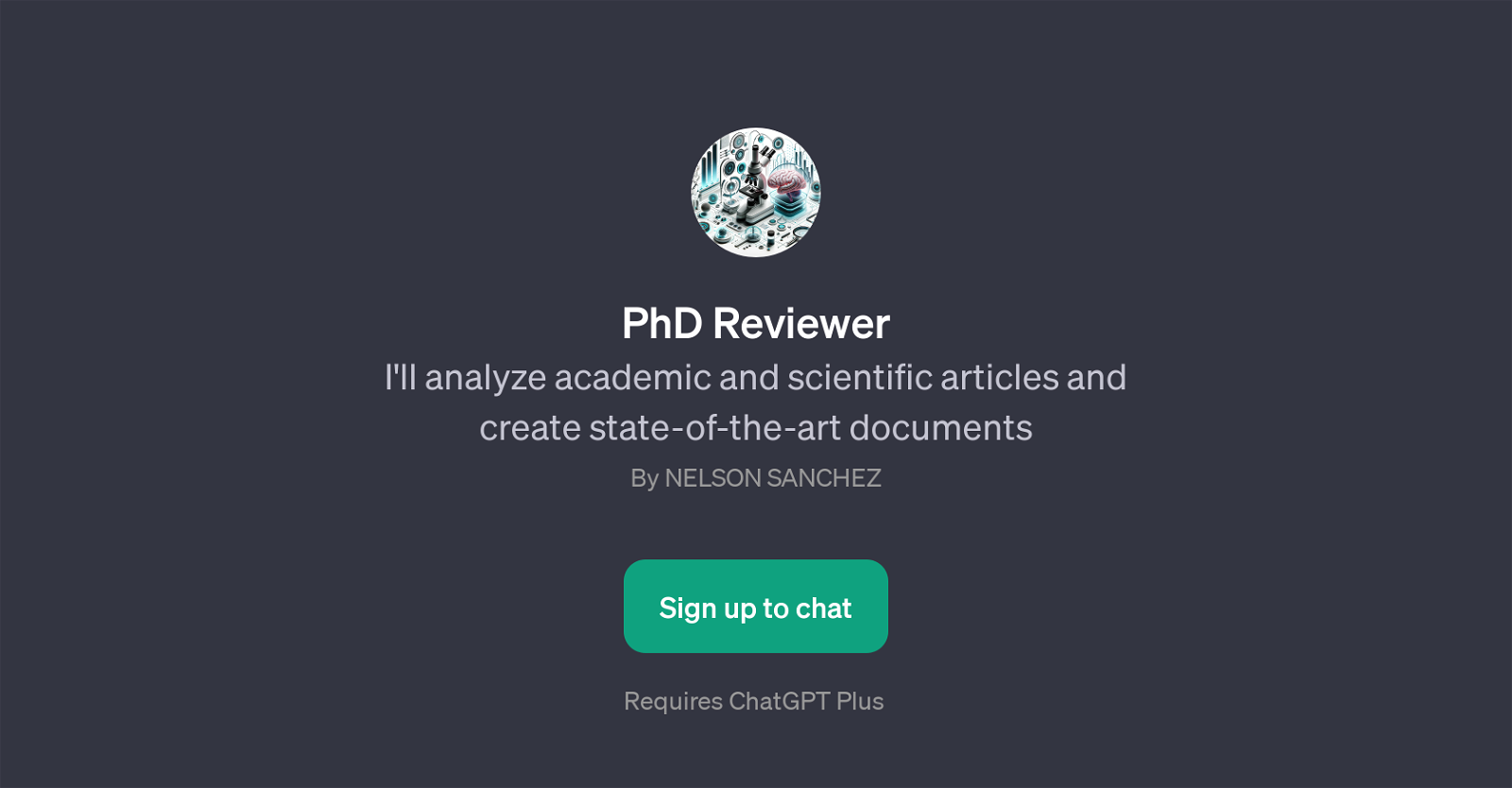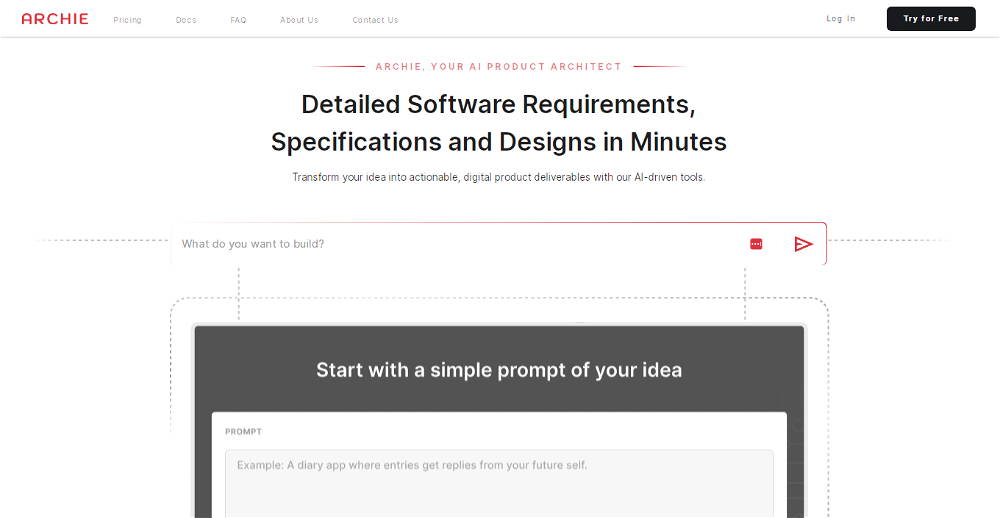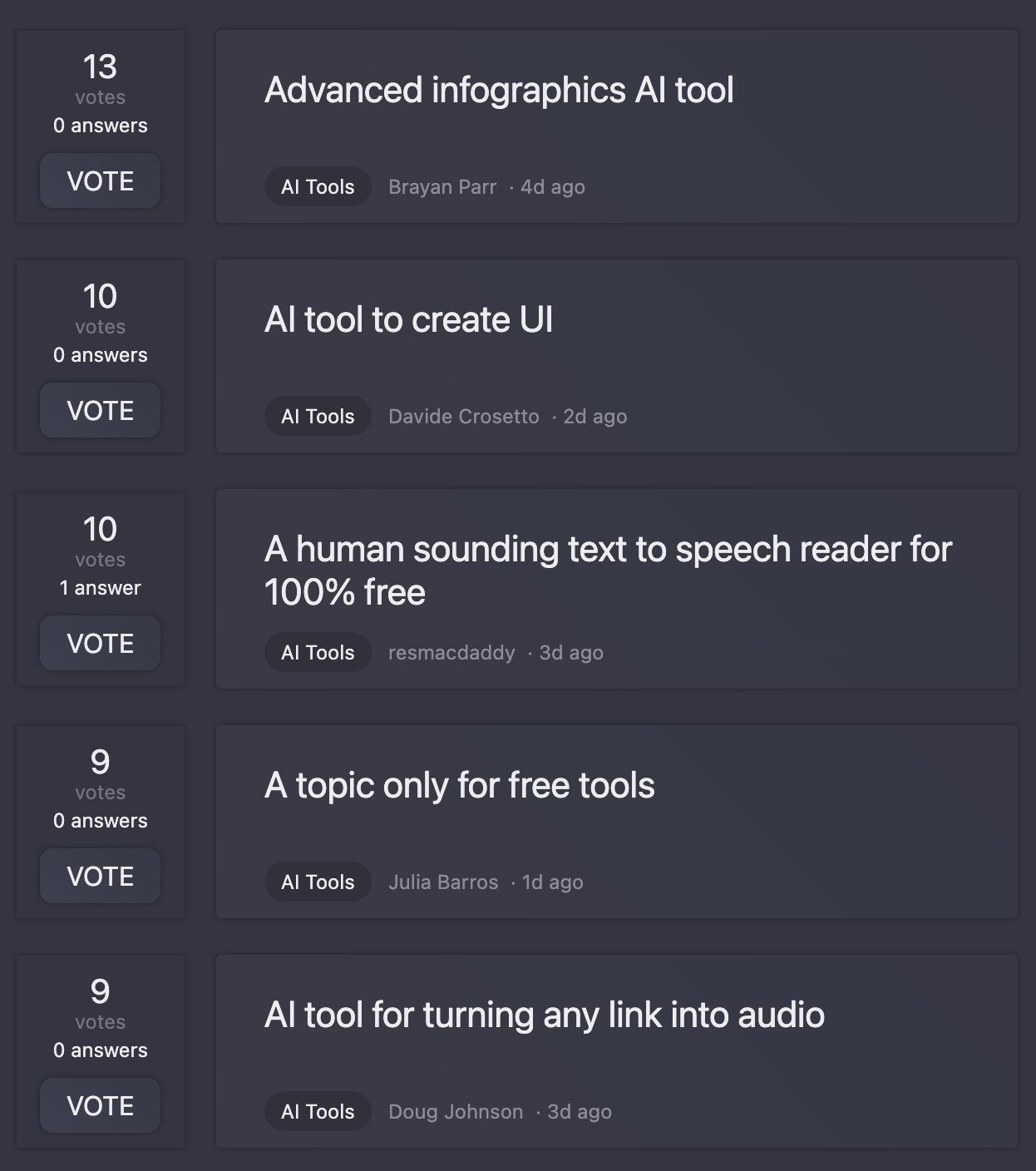Sample prompts:Summarize and compare these academic papers for me. Please summarize and compare the provided academic papers, focusing on key aspects such as their objectives, methodologies, findings, and conclusions. I would like the comparison to be presented in a markdown table format. The table should include columns for the paper title, authors, year of publication, objectives, methodologies, main findings, and conclusions. Additionally, if applicable, please highlight any significant differences or similarities between the studies in your analysis
Create a comparative analysis of methodologies from the uploaded research papers. Please conduct a detailed comparative analysis of the methodologies used in the uploaded research papers, focusing on the types of data, algorithms, and specific applications. Include a summary of key findings from each paper. Present the information in a comprehensive markdown table, comparing each methodology based on [specify criteria]. Also, highlight the limitations and potential future directions for each approach.
Discuss the implications of these research findings.
I need to create a detailed state of the art that examines previously uploaded items. The paper should provide not only a review of the literature, but also a deep and intelligent critical analysis, connecting ideas and theories in novel ways and generating results with current trends and future implications in the field of study. Suggested Structure: '' 1. Introduction: Detailed presentation of the topic and its importance. Clear definition of the objectives and scope of the state of the art. Establishment of the research questions that will guide the analysis. 2. Methodology: Detailed explanation of the literature selection and review process. Inclusion and exclusion criteria used for the selection of articles. Analysis methodology to synthesize and compare information. 3. Literature Review and Critical Analysis: Breakdown of each article in terms of methodology, results and key contributions. Critical discussion that connects the findings of each article to broader themes in the field. Evaluation of the relevance and impact of each study on current and future practices of the study discussed in the articles. 4. Comparative Analysis and Synthesis: Detailed comparative tables presented in Markdown format that summarize and contrast methodologies, results, and performance metrics. Data synthesis that identifies common trends, discrepancies, and research gaps. 5. Extensive Discussion: In-depth analysis of the most significant findings and their relevance. Discussion on how the results of the review can influence future direction in public policy. 6. Limitations: Critical evaluation of the methodological and content limitations of the reviewed studies and the state of the art itself. 7. Conclusion and Recommendations: Final reflections that summarize the most important insights. Clear recommendations for future research based on identified gaps. 8. References: Complete list of all cited sources, using a consistent academic citation style. '' Specific Instructions: The tone should be academic, critical, and with depth appropriate for a specialized audience. Relevant citations from articles should be included to support analyses. The presentation of data must be clear and accessible, with well-founded interpretations and conclusions. Deliverables: A state-of-the-art document that follows the suggested structure and meets the specified analysis and presentation criteria
PhD Reviewer is a GPT that focuses on analyzing academic and scientific articles to create state-of-the-art documents. It's designed to scrutinize, compare, and summarize key aspects of research papers, including their objectives, methodologies, findings, and conclusions.
Users can engage with this tool by asking it to compare academic papers, focusing on factors like publication year, authors, title, and more. Also, it is possible to request a detailed comparative analysis of the methodologies used in multiple research studies.
This GPT presents information in a comprehensive markdown table format, comparing each methodology based on specific criteria, limitations, and potential future directions for each approach.
It also provides the user with a detailed state of the art review that includes not only a review of the literature but also a deep and intelligent critical analysis.
This analysis connects ideas and theories in novel ways to generate results mirroring current trends and future implications in the field of study.It also enables users to make targeted inquiries about the implications of these research findings.
The GPT shapes the responses in an academic tone, ensuring depth appropriate for a specialized audience. The outputs of this GPT include state-of-the-art documents that align with the provided model structure and meet the specified analysis and presentation criteria.
All in all, PhD Reviewer offers help in synthesizing, understanding, and extracting insights from academic and scientific literature.







